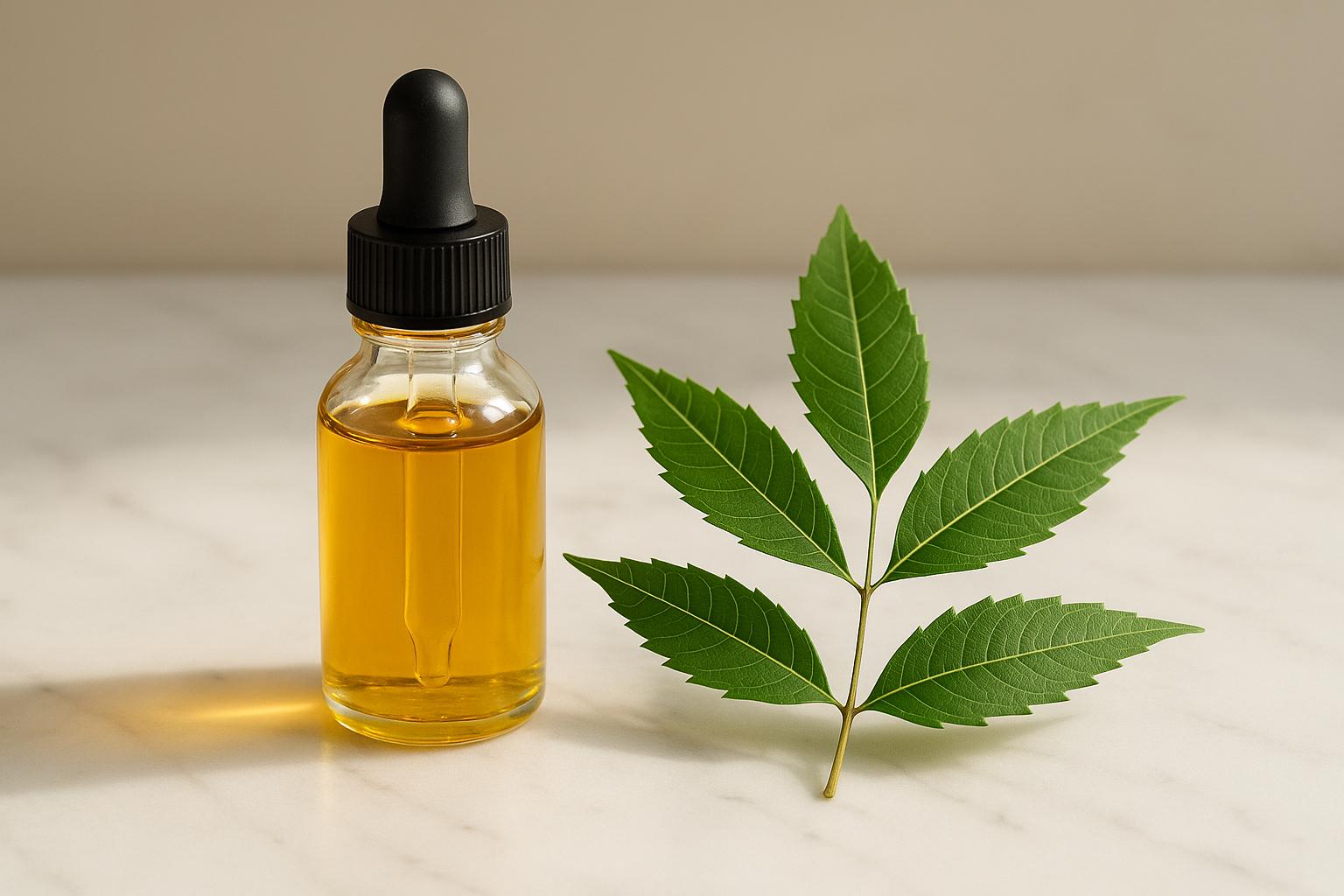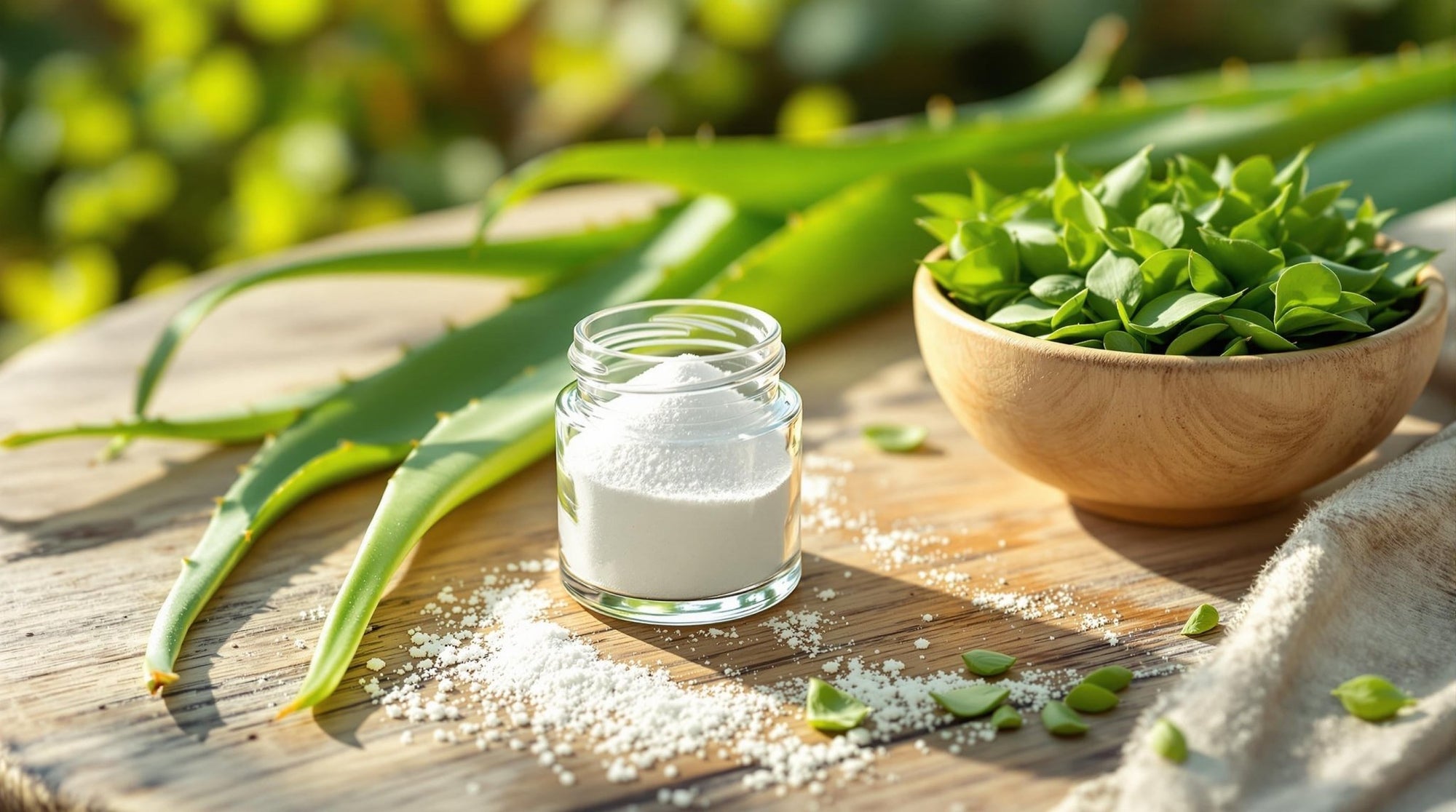Psyche and psoriasis - the connection

Psoriasis is a skin condition that is often accompanied by red, scaly skin lesions. The physical symptoms can be unpleasant, but they also have an impact on the psyche, which should not be underestimated.
There is a mutual relationship between physical and mental health. On the one hand, stress can trigger a psoriasis flare-up, while on the other hand, a flare-up can put a strain on your mental health. This in turn can have a negative effect on psoriasis.
Those affected can suffer from social isolation, depression, insomnia, increased alcohol consumption and obesity.
This blog post introduces the psychological effects of psoriasis and strategies for overcoming these challenges.
Effects on humans
Psoriasis and depression

People with psoriasis are at increased risk of depression. Studies have shown that (depending on study design and population size) between 9 and 55% of patients with psoriasis suffer from depression. Several patient characteristics have been associated with an increased risk of developing depression.
This includes:
- the female gender,
- the severity of the psoriasis disease,
- the presence of concomitant diseases such as psoriatic arthritis as well
- the treatment regimen used.
Depression can affect self-esteem and reduce the ability to cope with stress. It's important to seek professional help if you're feeling down or hopeless.
Psoriasis and social isolation
Psoriasis can also cause social isolation. Those affected may feel insecure because of their skin condition and fear being stigmatized. One way to overcome social isolation is to join a support group or online community. Here, those affected can share their experiences and receive support from people who have had similar experiences.
Psoriasis and anxiety
Anxiety disorders are more common in people with psoriasis than in people without the condition. The fear may stem from the idea that others might reject them because of their skin condition. This can also affect finding a partner, but also finding and maintaining social contacts.
Psoriasis and stress

Losing a job, a separation, upcoming exams, the death of a close person or even conflicts - these are all stressful situations. Stress has a negative impact on the psyche and can trigger psoriasis flare-ups or even make the current flare-up worse. People who associate psoriasis with their psychological state remain symptom-free for longer and suffer less from plaque lesions. The knowledge motivates them to specifically protect their psyche and reduces the risk of stress-related attacks.
How you can do something good for your psyche
Of course, psoriasis has different psychological effects on everyone.
If the external symptoms are treated, this has a positive effect on the psyche. However, it is still important to reduce psychological stress. Here are a few strategies on how this can be done:

Less Stress : Try to avoid stressful situations.
Manage stress : Do yourself a favor and try different techniques to reduce your stress levels. How about meditation, yoga or activities that relax you?
Write a diary : Try keeping a (skin) diary. This could potentially make it possible to identify connections between mental stress and flare-ups.
Become part of an online community: exchange ideas with other psoriasis sufferers and get advice on how best to deal with your psoriasis. Exchanging ideas with others can give you the feeling that you are not alone with your illness. Here some suggestions for you: Please touch , German Psoriasis Association and Psonet .
Seek professional help:

Undergoing psychosocial therapy is by no means something to be ashamed of; it can be an important step towards better coping with the illness. This is particularly true for those affected who suffer a lot mentally from psoriasis, but it is not limited to them.
In summary, psoriasis can have both physical and psychological effects. The psychological effects can affect self-esteem, social relationships, career opportunities and overall quality of life. However, there are proven strategies to overcome these challenges, such as professional help, support through support groups or online communities, and stress reduction and relaxation techniques. If you suffer from psoriasis, it is important to take the psychological impact of the condition seriously and take appropriate measures to manage it.



